The Metaverse is regarded as the next step of the internet. Many have heard about the Metaverse, but you might think this is irrelevant to the hospitality industry and see it as a far-off fantasy that is not relatable to real life. In this article, opportunities for the hospitality industry in Metaverse are discussed, as well as what your hotel avatar can do for your hotel and the role of data in accommodating the Metaverse.
Why Hotels Should Care about the Metaverse
The Metaverse is a virtual reality that merges social media features, augmented reality (AR), virtual reality (VR), online gaming, and cryptocurrencies. The Metaverse is the next step of the internet, providing inter-connected and decentralized virtual environments.
Many hoteliers will overlook the Metaverse because it sounds like a far-off fantasy that is not relatable to real life. Like most people, when the internet and AI overtook every aspect of life a few years ago, people’s minds and habits constantly changed.
In a few years, it will be normal to have an online replication of your hotel
What Opportunities Does the Metaverse bring to Hospitality?
The Metaverse creates the opportunity to enter the world’s most prestigious hotels. Thanks to the Metaverse, customers can visit the places, enter the rooms, and even book one! So, this opens up a whole new sales channel for the hospitality industry.
Question! Why would customers be interested in a virtual room?
The answer is that customers will be able to enjoy many virtual activities. Imagine a customer’s experience, such as a relaxation session held by a sophrologist or a salsa class given by expert dancers, and why not introduce beer-crafting? It’s easy to envision the great exposure the first hotels to join the Metaverse will benefit from.
ROI and Marketing in the Metaverse
The Metaverse is a new kind of real estate. Hotels will need to be prepared for new competition. The presence of a hotel in a highly high-ranked location in the Metaverse will generate business just like a good location in the real world. The virtual hotel will then be used for promotion, brand awareness, business lead generation, and virtual and actual direct sales.
Some hotels will generate more business in the Metaverse than in the physical world. For a straightforward reason: the number of customers in the Metaverse is limitless, unlike the capacity of physical hotels, and hotels can offer unlimited virtual possibilities for upselling.
From Hotel Chatbots to Hotel Avatars
In the Metaverse, customers must engage with your hotel through a virtual assistant, your hotel avatar. Your avatar will be the keystone of customers’ experiences in the hotel metaverse and manage thousands of personalized interactions daily.
Avatars will be based on today’s chatbots’ cumulative experiences and interactions. This means there will be a 3rd generation AI chatbots for hotels, like Quicktext’ s AI-powered virtual assistant Velma, based on a hospitality-specific NLU (natural language understanding) linked to structured data and an experienced team to oversee the machine learning.
The Avatars will have to be able to display realistic expressions, gestures, lip-synching (to synchronize with speech), emotions, etc., to provide full immersion to visitors. Voice AI will also play an extensive role; improvements must be made to identify all types of voices and accents.
The Importance of Structured Data
Data are key for hotels. A hotel currently requires about 2,000 data points to cover frequently requested information about the property, such as hotel restaurant menu, parking space, nearby activities, location of the closest beach, etc.
However, not all hotels are good at structuring data. Even today, most front desk operators are not able to address everything. Some of this information is more easily obtainable via Booking.com, Expedia, etc. In other words, OTAs are competing with hotels for information that hotels have given them for free and don’t have in their systems. Sad but true.
There is an opportunity for hotels to start leveraging AI and structured data now because search engine algorithms like BERT (Google) are already rewarding structured data in search results. The importance of AI and structured data are current challenges that will only increase with the Metaverse in the hospitality industry.
What PMS Features Should be Present in a Metaverse?
Hotels must deal with a new range of products and services. Moreover, these are subject to constant change. The PMS of the future will have to be open-cloud and flexible, i.e., built on independent racks (microservices) based on open APIs.
Booking engines will also need to transform heavily in the future to keep up with the development of today’s e-commerce systems. At this pace, we can foresee that some hotels will sell more in the Metaverse than in the physical world.
What Will CRM be Used for in the Metaverse?
Hotels use CRM to track a customer throughout their journey (before, during, and after their stay). At best, a journey representing a room rental, a restaurant reservation, a drink at the bar, etc… Imagine the power of a CRM for a guest who will be using physical and digital goods (courses, shows, art, etc.). This increased diversity of services, multiplied by an exponential number of customers, requires hotels to improve their systems rapidly to be ready for the Metaverse.
The Metaverse can provide new hotel opportunities, requiring exceptionally well-structured data and a flexible, open cloud-based PMS. Many of these features are already required today, so there’s no need to wait until the last minute to get started.
More Tips to Grow Your Business
Revfine.com is the leading knowledge platform for the hospitality and travel industry. Professionals use our insights, strategies, and actionable tips to get inspired, optimize revenue, innovate processes, and improve customer experience.Explore expert advice on management, marketing, revenue management, operations, software, and technology in our dedicated Hotel, Hospitality, and Travel & Tourism categories.

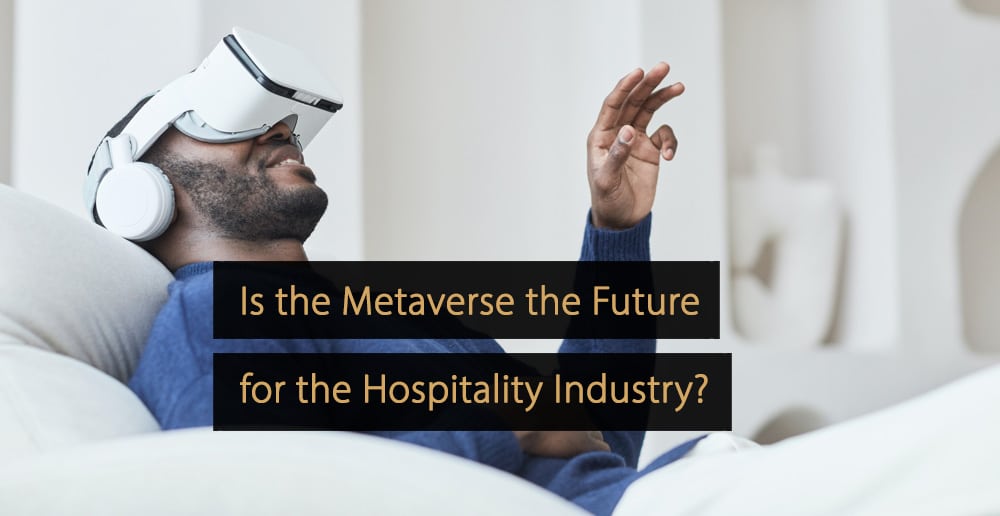

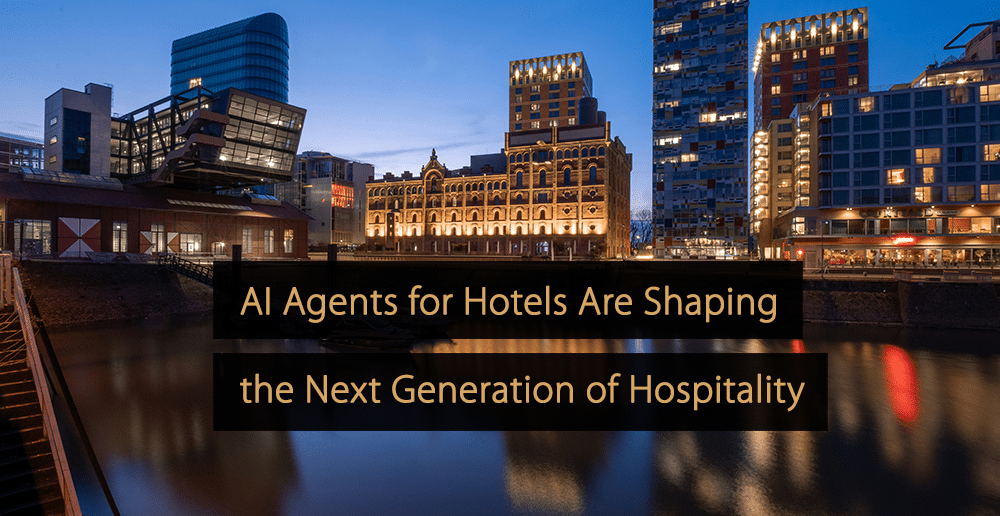
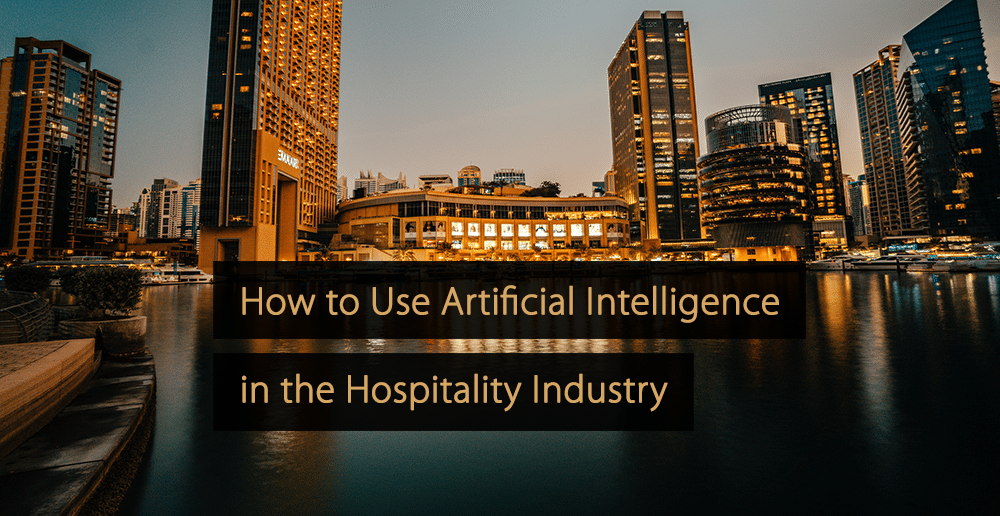
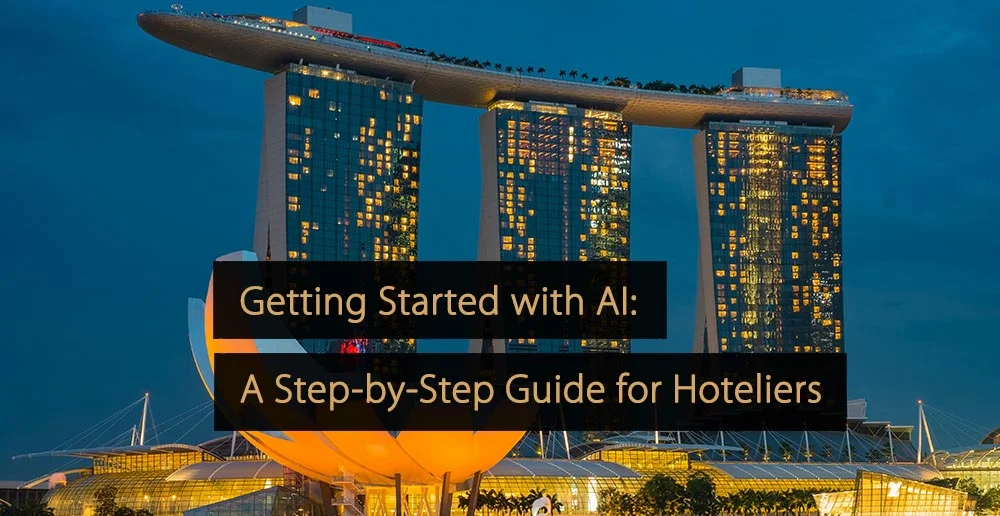

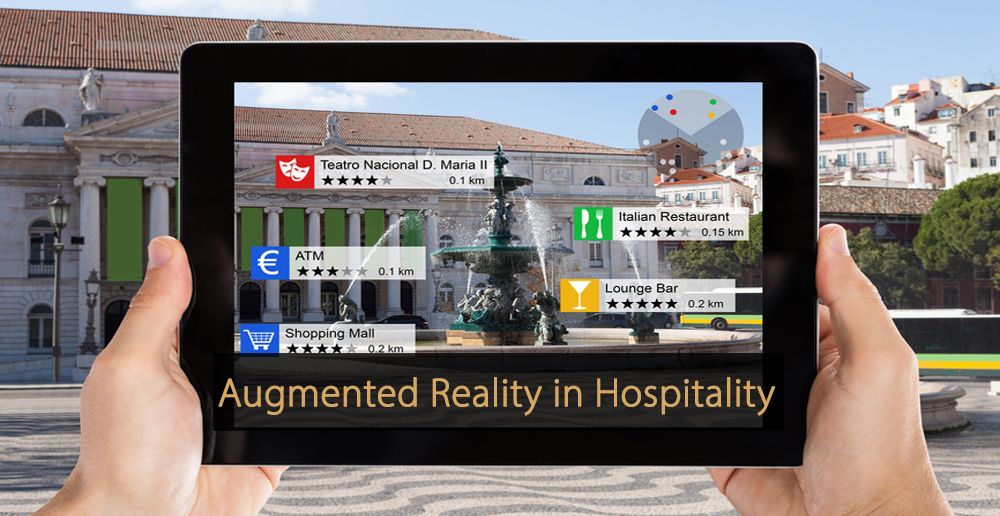
Leave A Comment